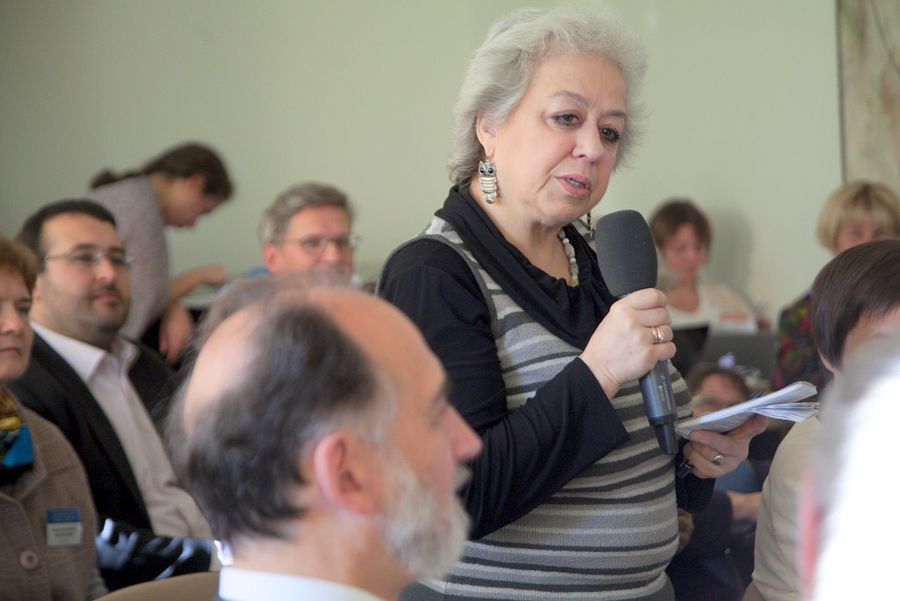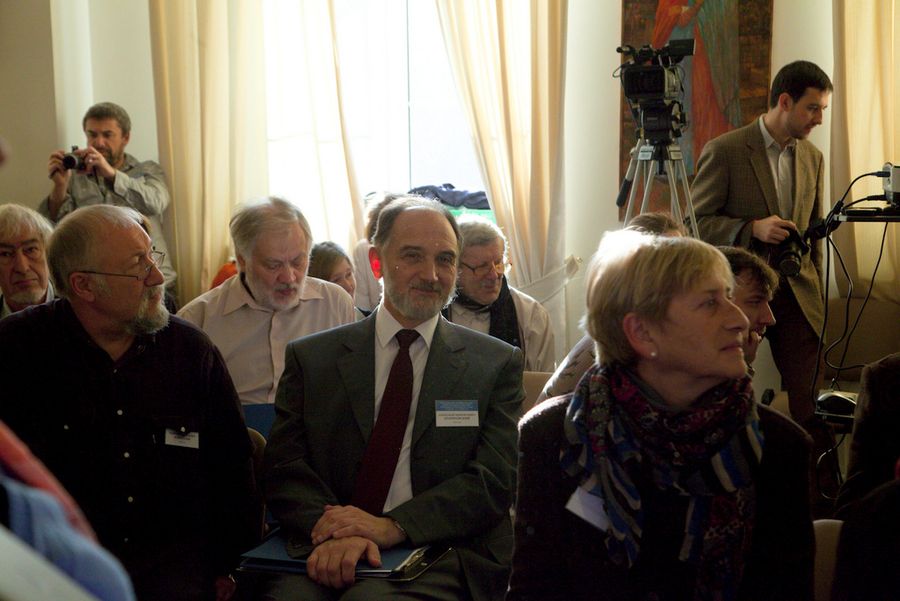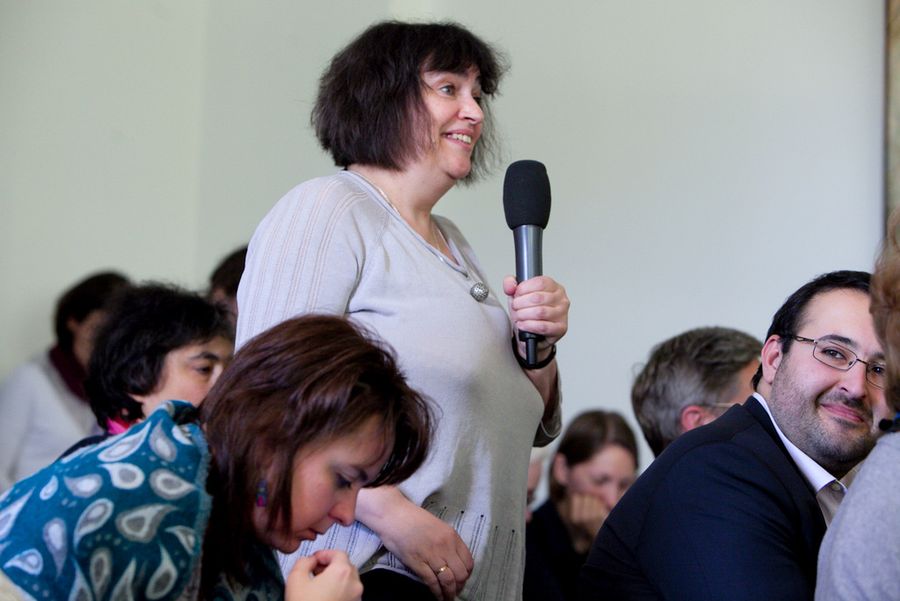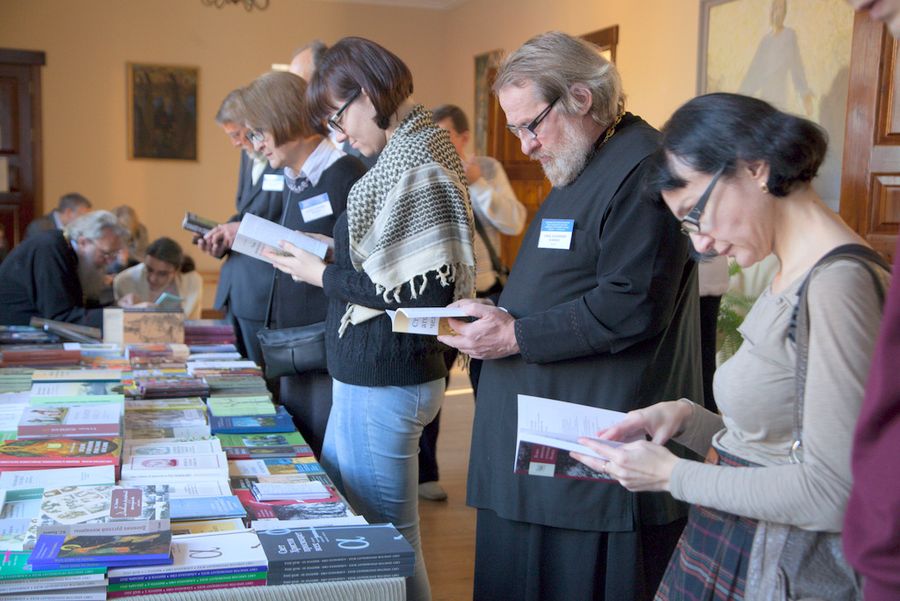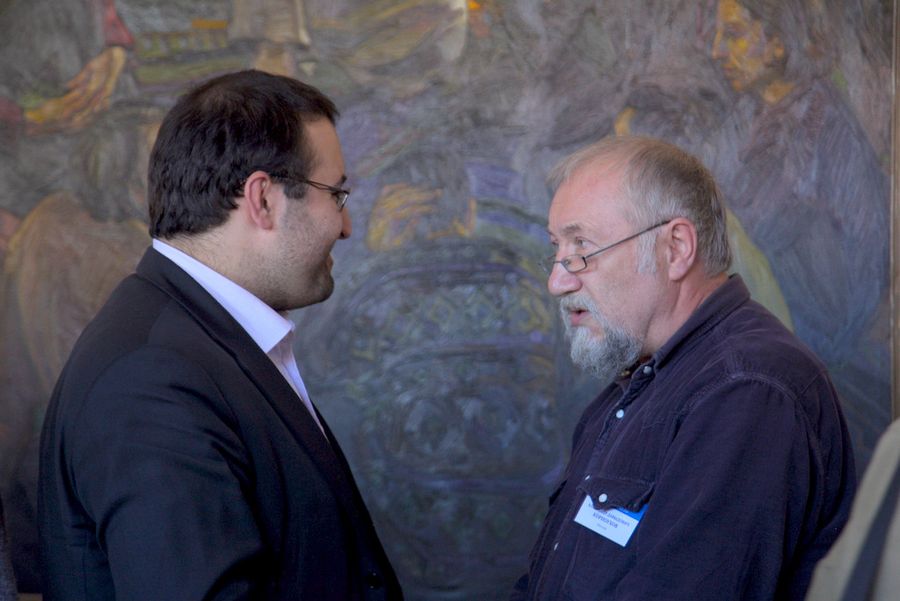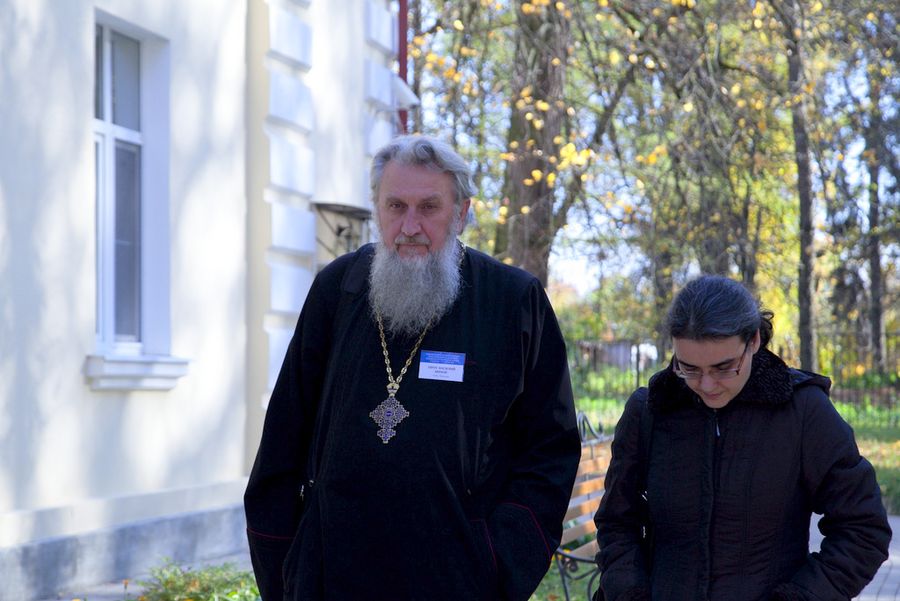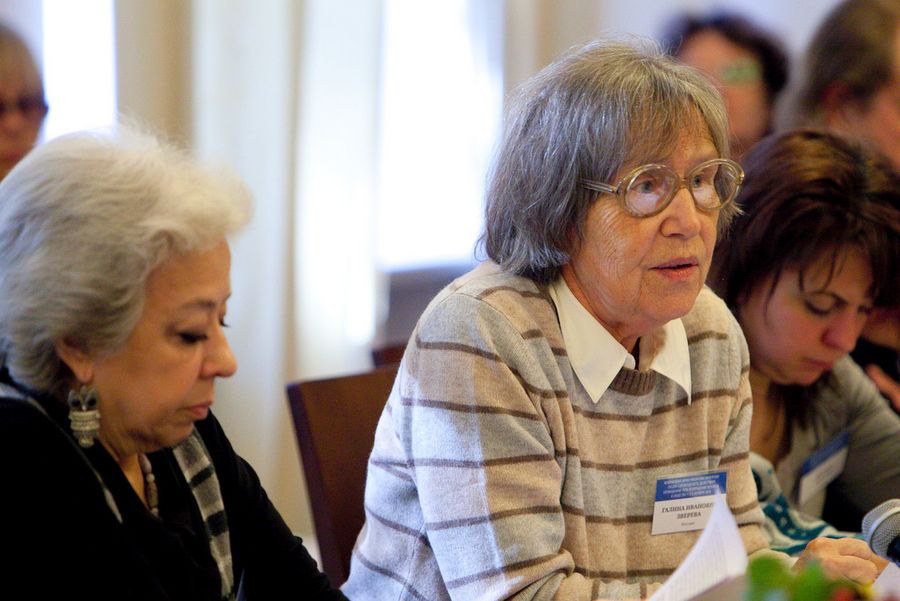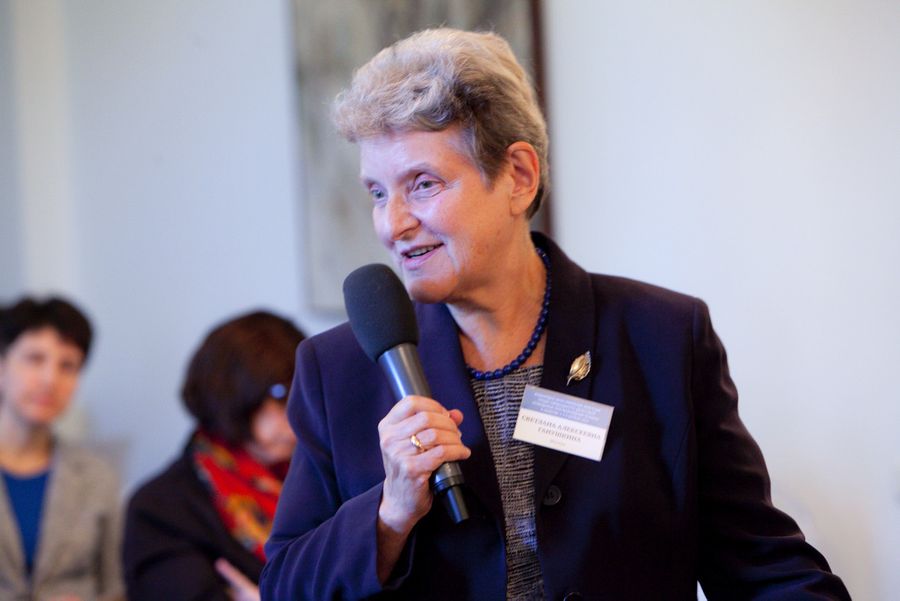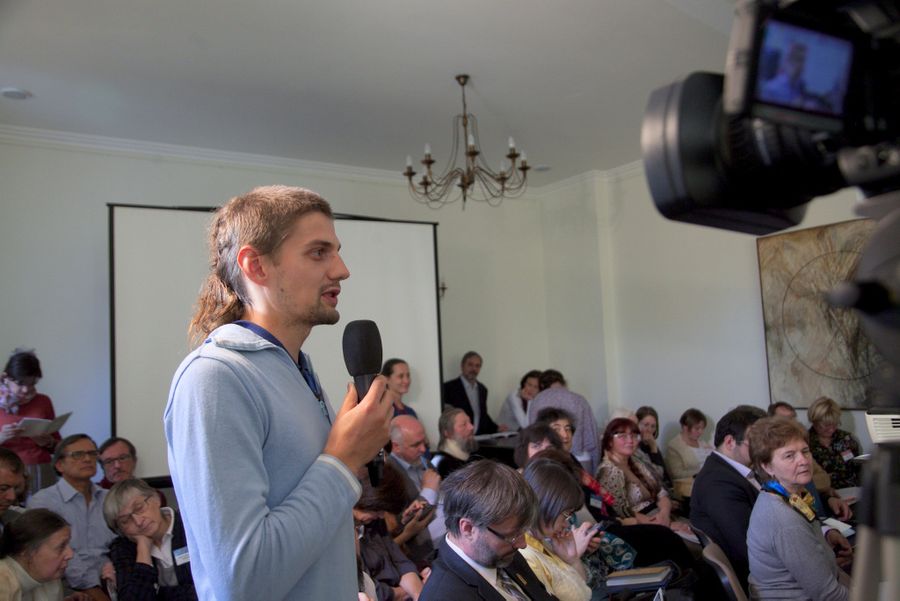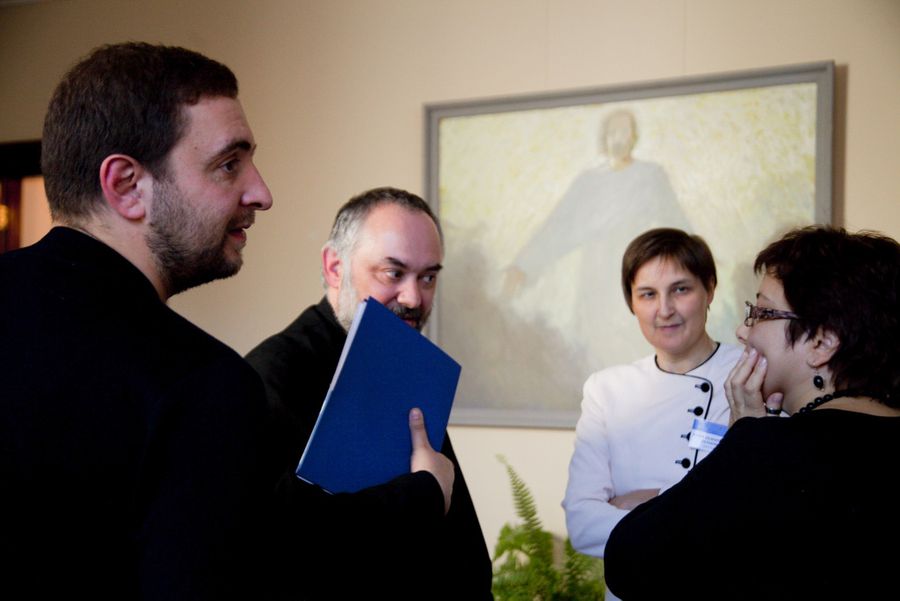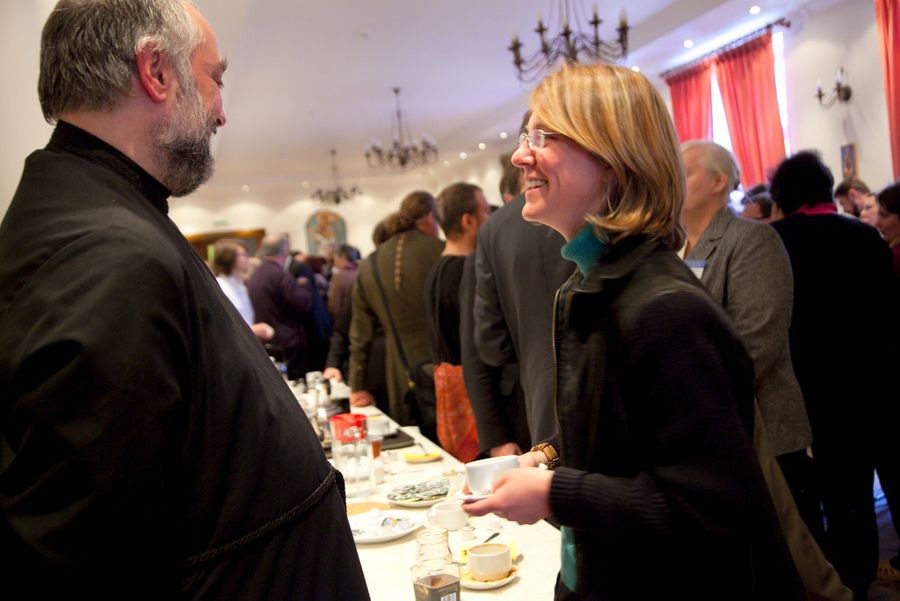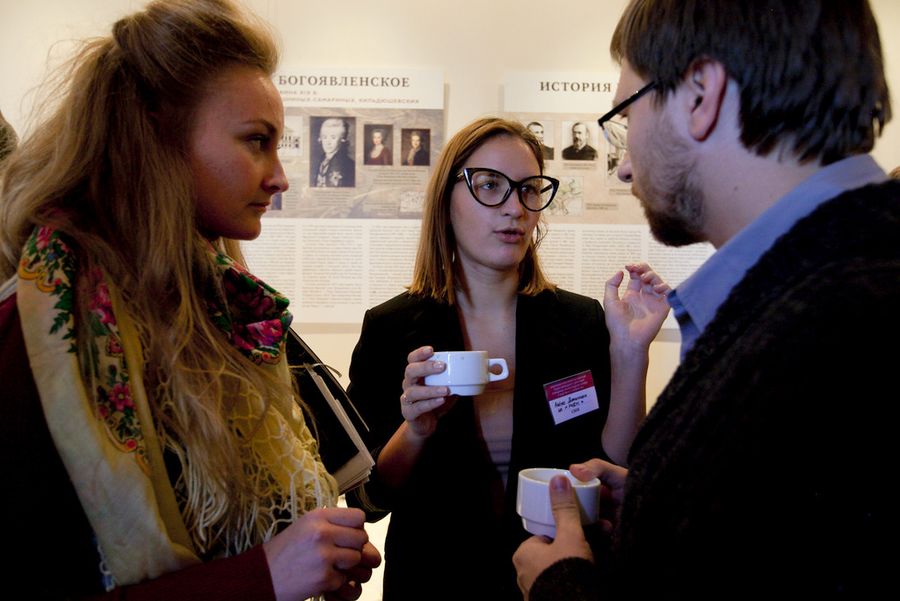The Conference ‘People Acting in Freedom: Unexpected Paths to Personal and Societal Revival’ held near Moscow
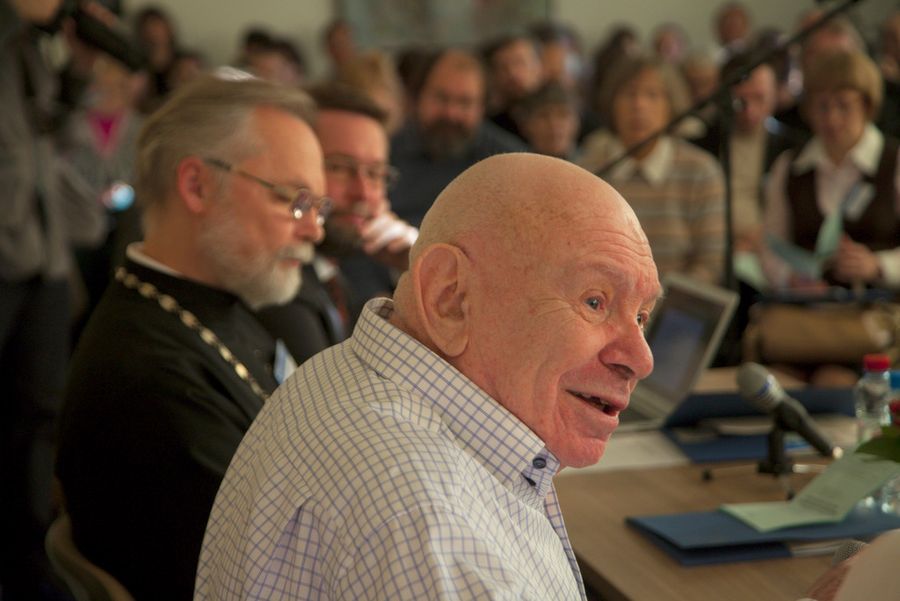
For more than twenty years, Russia has been living in a new social context. However, the consequences of an anthropological catastrophe that took place in Russiain the 20th century are extremely difficult and slow to overcome. In our country a particular type of individual continues to be reproduced. Such person trusts neither himself nor others, being infected with paternalistic consciousness, having not yet overcome his numerous fears and complexes, devoid of initiative, responsibility and ability to think and act in freedom, neither able nor willing to do anything together.Who are ‘People Acting in Freedom’ the title of the conference refers to?
‘At first we considered that such persons find themselves only in those numerous volunteer movements that have recently emerged in Russia. This refers to individuals who rescue old ladies lost in a forest, visit cancer patients or elderly people neglected in nursing homes. There are very few social programs in our country that support the vulnerable and needy. Society regards such people mostly as outcasts that exist on the fringes of life. Breaking of this ‘blockade’ requires action in freedom, self-sacrifice, courage and the whole life ministry,’ said the head of the Organising Committee Yulia Balakshina (St Philaret’s Institute). ‘But when we started preparations for the conference, we realised that, in addition to the new generation of such people, there are many who had been acting in freedom in various fields twenty or thirty years ago. Ultimately, our conference’s aim was to cover not only volunteer movements but also a wide range of people who used to act in freedom and do it now across the full range of contexts.’
Among the participants were those who put their efforts into education, recovery of historical memory and cultural traditions, revival of church life through gathering in spiritual movements and communities, as well as volunteers working with children and disabled persons, and involved in associations and initiatives which spontaneously evolved from the needs of today, such as forest fires. The two day programme included plenary sessions, the participants’ projects presentations, and round table discussions.
Among the speakers were Fr. Georgy Kochetkov, Rector of St Philaret’s Christian Orthodox Institute; Theodore Shanin, President of the Moscow School of Social and Economic Sciences; Dmitry Gasak, Chairperson of the Transfiguration Brotherhood; Roman Dimenstein, President of the Expert Board of Moscow Special Education Centre; Olga Sedakova, poet and translator; Alexey Levinson, head of the Social and Cultural Studies Department in ‘Levada Center’; Nina Braginskaya, Professor of the Institute of Oriental Cultures and Antiquity at the Russian State University for the Humanities; David Gzgzyan, member of Inter-Council Presence of the Russian Orthodox Church; Anna Federmesser, President of Hospice Charity Fund ‘Faith’; Alessandro Salacone, representative of Community of St. Egidio in Russia (Italy, Rome), Аlexander Kopirovsky, Professor of St Philaret’s Institute; Galina Zvereva, head of the Department of History and Theory of Culture, Russian State University for the Humanities; Vladimir Lavrenov, director of the Branch of the Russian State University for the Humanities, Lev Gudkov, Director of ‘Levada Center’; Dmitry Aleshkovsky, head of the Charity Project ‘Need Help’, Arseny Roginsky, Chairperson of the International Historical and Civil Rights Society ‘Memorial’, and many others.
The conference was organised by the Transfiguration Fellowship of Minor Orthodox Brotherhoods, St Philaret’s Christian Orthodox Institute, Moscow School of Social and Economic Sciences, Moscow Special Education Centre. The organisers intend to publish the conference proceedings that will include papers and communications as well as debates and round tables discussions on various topics.
Translated by Alina Patrakova
